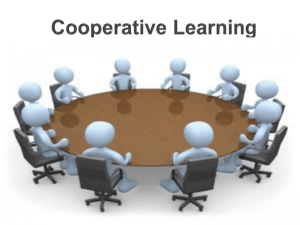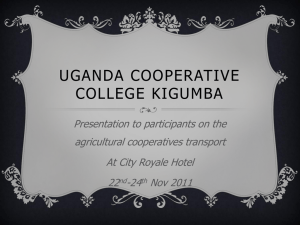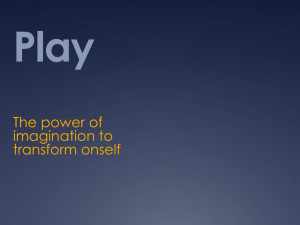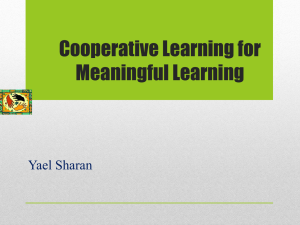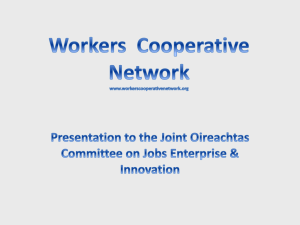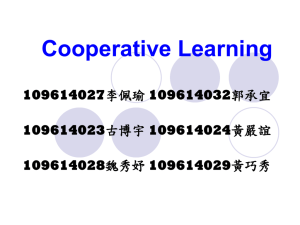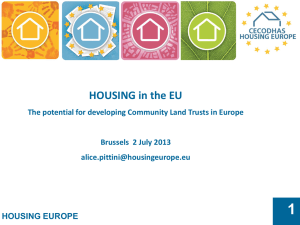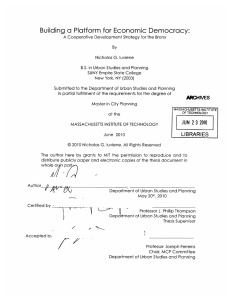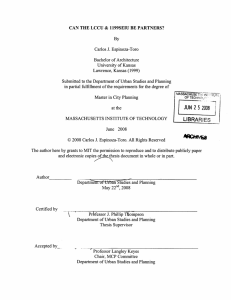Why Choose a Cooperative as a Business Model?
advertisement
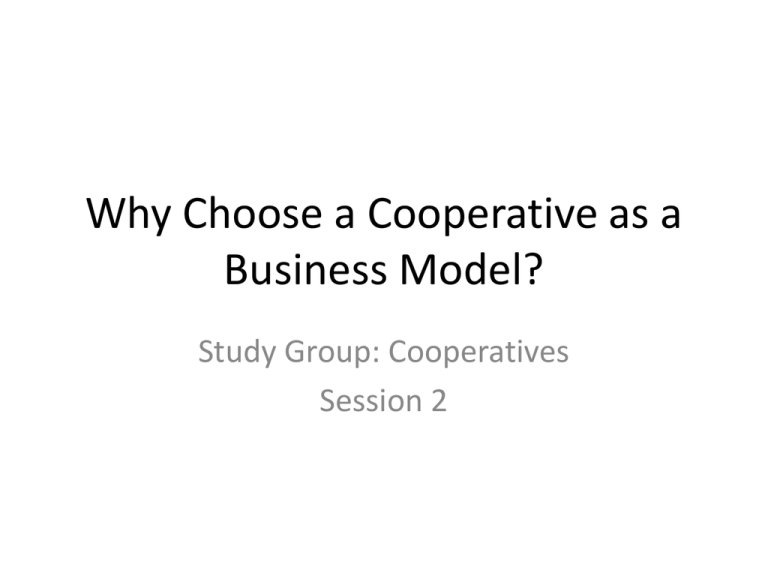
Why Choose a Cooperative as a Business Model? Study Group: Cooperatives Session 2 Why Choose a Cooperative as a Business Model? • What are the business model choices? • Two Domestic Cases: – Latino Community Credit Union – Evergreen Cooperatives • Questions for Discussion Business Models in the U.S. • Individual • Partnership • Limited Liability Company • Corporation • Cooperative Corporation Source: http://www.evergreencoop.com/ Video Link: http://www.youtube.com/watch?v=sGToM_Nhss4 Frames: 2:10 to 6:15 Case: Latino Community Credit Union, Durham, NC • Why choose a cooperative – Credit Union – as a business model? – Lack of Access to the Mainstream Banking System Case: Latino Community Credit Union, Durham, NC • Digging Deeper – Common Bond: Hispanic Immigrants – Background & Challenges: • Immigrant status considered high risk • No or high-interest banking services provided • Lack of municipal, state and federal support to solve banking issue • Immigrants carried cash and stored it at home • Immigrants were targeted for theft crime, including murder • Community-based institutions helped immigrants organize to address banking issue • Negotiations with banks for services failed through • Solution: A Credit Union Ted Howard: http://en.wikipedia.org/wiki/Ted_Howard Source: http://latinoccu.org/en/community/who-do-we-serve Video Link: http://vimeo.com/14387332 Frames: 2:45 to 5:35 Case: Evergreen Cooperatives, Cleveland, OH • Why choose a cooperative – worker cooperative – as a business model? – “building employee owned businesses that were designed to target procurement needs of the anchor institutions, thereby not only redirecting the procurement resources into the local economy, but also building wealth and productive assets that would be owned by local residents and anchored in their communities.” (Iuviene, 2010) Case: Evergreen Cooperatives, Cleveland, OH • Digging Deeper – Common Bond: Stakeholders on the Economic Prosperity of the Greater University Circle – Background & Challenges: • Post-industrial decline • University Circle Development: Socioeconomic contrast between multi-million dollar infrastructure in the center and poverty stricken conditions at the margins • Looking beyond infrastructure development: Program For The People • Ted Howard (Democracy Collaborative) and India Pierce (Cleveland Foundation): creating community wealth • Solution: Employee-Owned Businesses Questions for Discussion • (On LCCU Case) What would have happened if the immigrants had access to the mainstream banking system? Would the cooperative model still have been relevant? • (On Evergreen Cooperative Case) Given the length of the effects of post-industrialism, why has the cooperative model become an alternative now, and not several years ago? • (On Evergreen Cooperative Case) What is Evergreen's policy in hiring formerly incarcerated people: do they ask for criminal background info, how they consider it? Yes. Need to know the truth behind their conviction history. • (On Evergreen Cooperative Case) How many formerly incarcerated people Evergreeen employs? ~25 • Other Questions… Sources • Kimberli A Zeuli and Robert Cropp. Cooperatives: Principles and practices in the 21st Century • Espinoza-Toro, Carlos. Can The LCCU and 1199SEIU be partners? June 2008 • Latino Community Credit Union Website • Iuviene, Nicholas. Building A Platform for Economic Democracy: A Cooperative Development Strategy for the Bronx. June 2010 • Ted Howard
